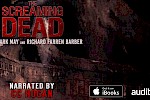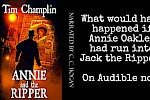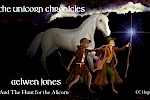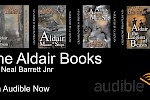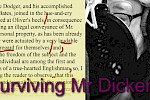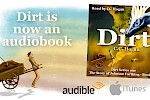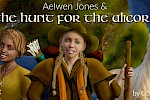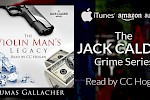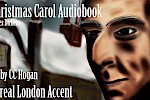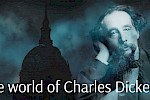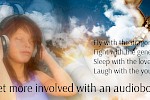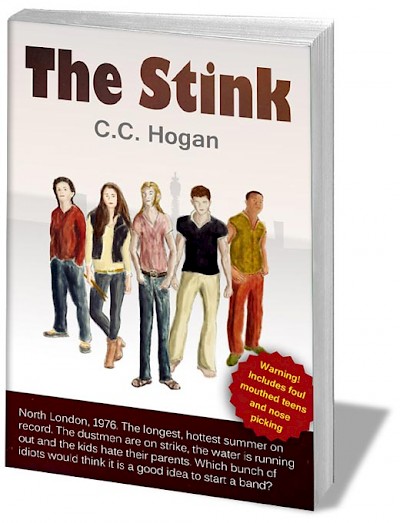The perfect Christmas Tale - Out Now!
Ebenezer Scrooge is not a happy man. He is not a kind man and he is not a giving man. He is a man wrapped in the bitterness of his upbringing and his loneliness.
The ghost of his "dead as a doornail" business partner, his only friend Jacob Marley, sets scrooge on a heartbreaking path not only to change but, eventually, to reconciliation and happiness.
A brand new presentation of the original story by Charles Dickens, narrated by CC Hogan in a London accent. A dark and yet warm telling of this iconic tale.
Get it now on Audible, Audible UK, Amazon, Amazon UK, and iTunes.
Excerpt
Some interesting words
Generally speaking, English of the mid-nineteenth century (this book was published in 1843) is not so very different from our own.
There are some differences that I noticed when recording. Firstly, Dickens loved the semi-colon and broke up list-type sentences with a veritable herd of them.
He also used an exclamation mark for a rhetorical question, which I rather like, as it happens.
The sentence construction can be challenging and alien sometimes and I hope I have made enough sense of it for you.
There are a few interesting words too.
Laocoon - Pron: Lay-Oh-Coh-On. This was the name of a Trojan priest who was crushed to death by two sea-serpents. In the story, Scrooge makes a "perfect Laocoon of himself with his stockings." I can only surmise that the stockings are his sea serpents, though he survives the ordeal in this case!
Residuary - this is the person left the remainder of an estate.
Excrescence - something that grows out of something!
Comforter - a name for a scarf.
Water-Plug - A fire hydrant.
Play the deuce with - have a bad effect on something.
Fancy - not being dressed up smart, but being imaginative - fanciful.
Gruel - broth and oats. You will get more of this in Oliver.
Genius - in the book it refers to a spirit or genii, rather than some bright person.
Humbug - Many people believe Dickens invented this word, but he didn't. It seems to date from a century earlier, according to the OED. Means nonsense, but in a derisory way.
Jocund - Cheerful. Chaucer spelt it iocund, so there you go. Make a delight of something.
Out upon! Away with, to hell with, that sort of thing.
Twelfth Cakes - traditional offering on Twelfth Night.
Execrable - detestable, deserving to be cursed.
Desert Moor - Desert, in this case, means empty or forsaken. It is the main meaning of the word, actually, not dry as in desert!
Cant - According to the OED it is to speak in the whining, singsong way used by beggars, or the peculiar jargon of thieves. So, a little sarcastic, perhaps.
Frousy - well, the OED has frowzy as the more common spelling and says it can mean ill-smelling, frusty, or having a dirty, neglected appearance.
Walker - a term basically meaning, "what rubbish." OED has Hookey Walker. Dates from the early nineteenth century so would have been common parlance at the time.
Thanks to Owleyes website for reducing my need to look them all up again, and to the OED for clarifying the meanings.












